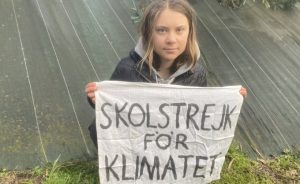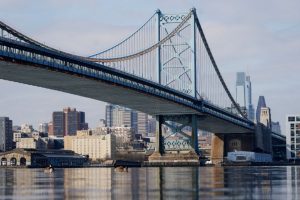Aiming to reduce its carbon footprint by 2030, Swiss food giant Nestle announced a multi-billion programme, ‘Nestle’s Net Zero Roadmap’, on Thursday.
As Nestle is eyeing zero net emissions by 2050, its new long-term road map calls for its 800 factories and production sites around the world to switch to 100% renewable electricity by 2025.
The world’s largest food company, which is frequently targeted by climate change activists over things like plastic pollution and deforestation, said it would plant 20 million trees every year over the next decade to help increase reforestation.
“Successfully tackling climate change can’t wait and neither can we. It is imperative to the long-term success of our business,” Nestle chief Mark Schneider said in a statement.
“We have a unique opportunity to address climate change, as we operate in nearly every country in the world and have the size, scale and reach to make a difference,” he added.
In 2018, Nestle emitted around 92 million tonnes of greenhouse gases, it said, adding that was using that as its baseline for measuring progress.
Nestle also said it was planning to boost its plant-based offerings, with several of its vegetarian and vegan brands due to become carbon neutral within a few years.
In total, Nestle said these changes will cost the company some 3.2 billion Swiss francs ($3.6 billion) in the next five years.
Environmental group Greenpeace criticised Nestle, along with Coca-Cola and PepsiCo earlier this week, for being the world’s worst plastic packaging polluters for a third consecutive year.






